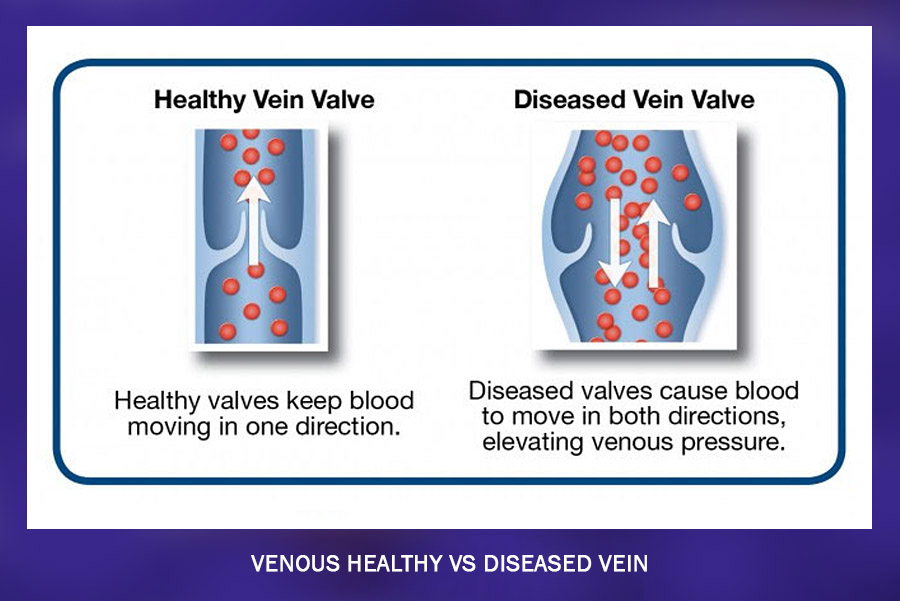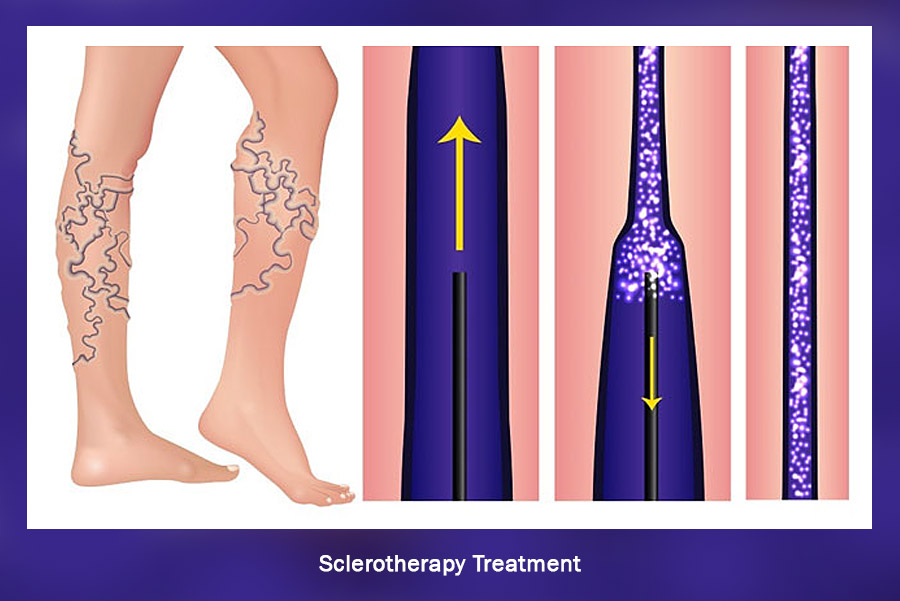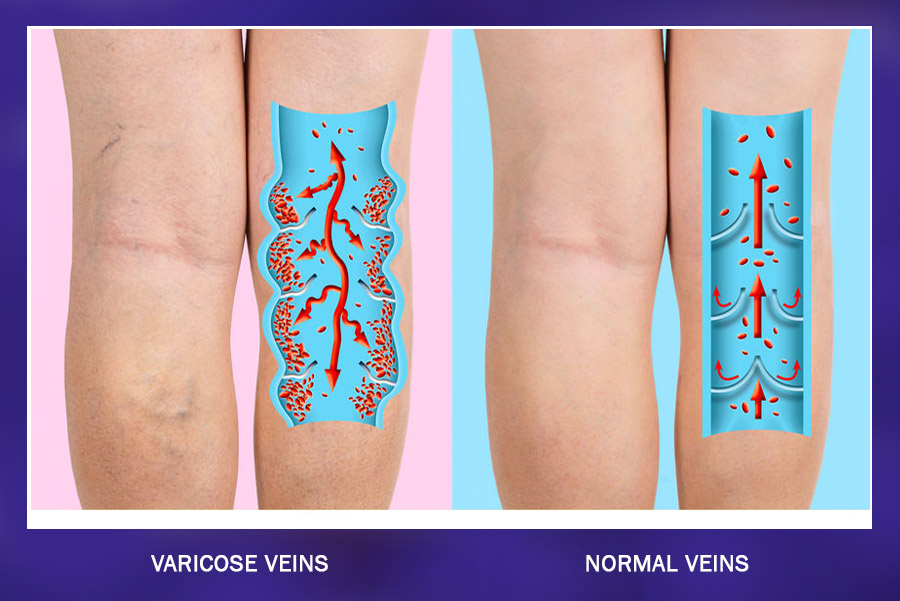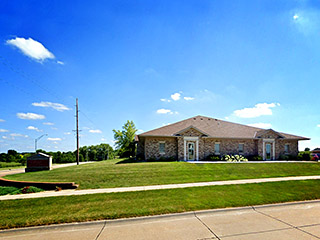
Venous Reflux Disease Treatment
Understanding Venous Reflux Disease
Venous Insufficiency or Venous Disease is a progressive disorder of the circulatory system, presenting with varied symptoms which can include one or more of the following:
• Tired, heavy-feeling legs
• Leg pain, including cramping, aching or throbbing legs
• Itching or burning skin
• Jumpy or restless legs
• Varicose or twisted, ropey veins
• Swelling of feet, ankles or legs
• Changes in skin coloring, including a rash-like appearance
• Ulcers (open wounds)
• Dry skin or flaky skin
• Eczema
• Warm, red skin
Venous Disease begins when veins develop leaky valves which allow the blood flow returning to the heart to travel backward (Venous Reflux), increasing pressure in the veins and stretching the vein walls. Without treatment, poorly functioning or damaged veins will worsen, and may damage other functioning veins around them. The skin may begin to darken, feel leathery, and/or develop sores or deep ulcerations, which become progressively harder to heal. It is important to know that Venous Insufficiency can be easily treated, especially if treatment is started in the early stages.
Getting a Diagnosis of Venous Reflux
To assess whether or not you have venous insufficiency or venous reflux disease, your doctor will do a physical examination and will also go through your medical history with you. They monitor the texture, color, and temperature of your skin while looking for spider and varicose veins and ulcerations or edema to your legs.
In addition, your doctor will check how well your circulatory system is working by taking your pulse at different places. Further tests may be required such as doing ultrasounds of your veins.
Venous Reflux Treatments
Treatment plans for Venous Reflux Disease depends on many factors, including your health history, age, symptoms, and severity of condition. Some treatments include:
• Compression Stockings
• Endovenous Radiofrequency Ablation (EVRFA)
• Sclerotherapy
• Exercising and elevating your legs
• Medications such as diuretics, anticoagulants, and pentoxifylline




